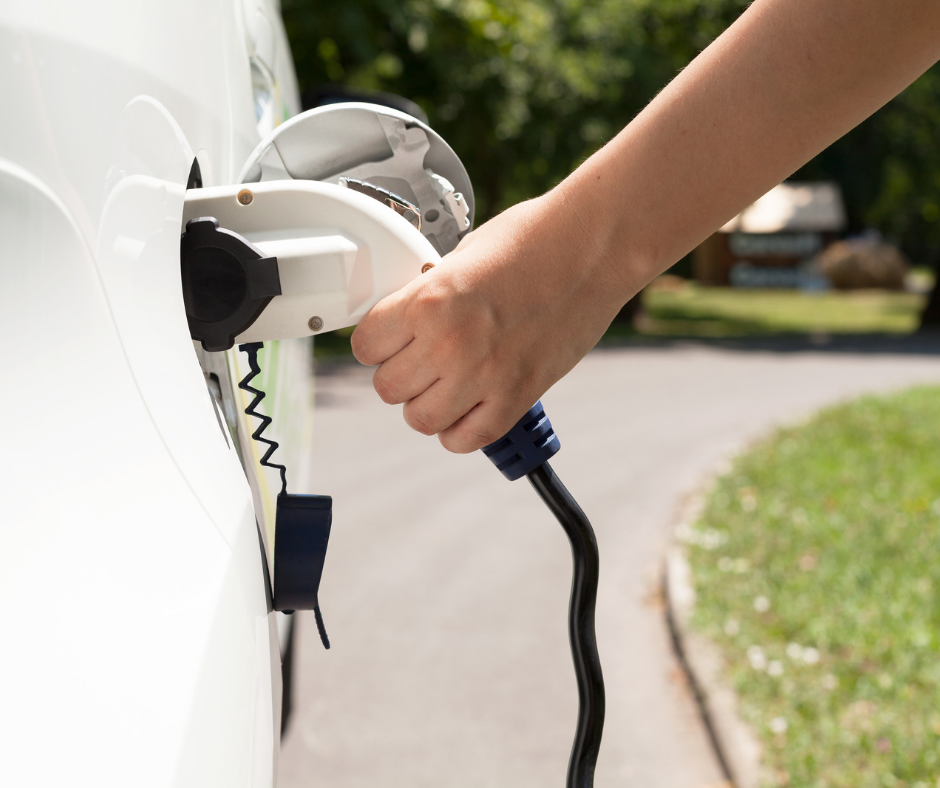The UK’s charging network has been given a huge boost today as Government unveils plans to support the UK market to reach 300,000 public EV chargepoints by 2030 – equivalent to almost five times the number of fuel pumps on our roads today.
Backed by £1.6bn, under the Electric Vehicle Infrastructure Strategy charging will become easier and cheaper than refuelling a petrol or diesel car, while new legal requirements on operators will see drivers of electric vehicles able to pay by contactless, compare charging prices and find nearby chargepoints via apps.
The new strategy sets out the Government’s aim to expand the UK’s charging network so that it’s robust, fair and covers the entire country – as well as improving the consumer experience at all chargepoints, with significant support focussed on those without access to off-street parking, as well as on fast charging for longer journeys.
£500 million will be invested to bring high quality, competitively priced public chargepoints to communities across the UK. This includes a £450 million Local Electric Vehicle Infrastructure [LEVI] Fund which will boost projects such as EV hubs and innovative on-street charging, so those without driveways don’t miss out on cleaner transport.
A pilot scheme for the LEVI fund launching today will see local authorities bid for a share of £10 million in funding, allowing selected areas to work with industry and boost public charging opportunities. Meanwhile the LEVI funding includes up to £50 million to fund staff to work on local challenges and public chargepoint planning – ensuring that any development complements all other zero emission forms of travel, such as walking and cycling.
The existing £950m Rapid Charging Fund will support the rollout of at least 6,000 high powered super-fast chargepoints across England’s motorways by 2035, ensuring the UK continues to lead the Western world in the provision of rapid and ultra-rapid public chargers.
This comes on top of Ministers’ pledge to continue addressing any barriers to private sector rollout of chargepoints, such as local councils delaying planning permission and high connection costs. Ambitious and innovative chargepoint operators are already committed to installing an additional 15,000 rapid chargepoints across England’s entire road network – a quadrupling of the current offer – and over 100,000 on-street chargepoints by 2025.
Prime Minister Boris Johnson said:
“We’re powering ahead with plans to help British people go electric, with our expanding charging network making journeys easier right across the country.
“Clean transport isn’t just better for the environment, but is another way we can drive down our dependence on external energy supplies. It will also create new high-skilled jobs for our automotive and energy sectors and ultimately secure more sustainable and affordable motoring for all.”
Drivers are at the heart of the revolutionary plan, with rigorous new standards and legislation being introduced to improve people’s experience of using public chargepoints.
The Government is mandating that operators provide real-time data about chargepoints. It is ensuring that consumers can compare prices and seamlessly pay for their charging using contactless cards. They will also be able to use apps to find their nearest available chargepoint.
These plans will also require a 99% reliability rate at rapid chargepoints to ensure they are world-class, and give consumers confidence in finding chargepoints that work wherever they travel – helping eradicate so-called ‘range anxiety’.
Even with recent trends in electricity prices, EVs still benefit from lower fuel, running and maintenance costs than their petrol and diesel equivalents and the strategy hopes to encourage drivers across the nation to make the switch. Production costs also continue to fall and some analysts expect purchase price parity with petrol and diesel cars to be reached well within the 2020s.
This forms part of wider Government plans to reduce the UK’s reliance on imports of foreign oil, improving the security of our energy supply and reducing the country’s vulnerability to volatility in global energy prices.
Transport Secretary Grant Shapps said:
“No matter where you live – be that a city centre or rural village, the north, south, east or west of the country, we’re powering up the switch to electric and ensuring no one gets left behind in the process.
“The scale of the climate challenge ahead of us all is well-known, and decarbonising transport is at the very heart of our agenda.
“That’s why we’re ensuring the country is EV-fit for future generations by the end of this decade, revolutionising our charging network and putting the consumer first.”
The private sector plays a key role in helping the country make the switch to electric and the UK’s most-used charging network company, bp pulse, are today announcing their own plans to spend £1 billion on developing charging infrastructure in the UK, supporting hundreds of new jobs.
Richard Bartlett, Senior Vice President, bp pulse said:
“This £1 billion investment is vital to provide the charging infrastructure the UK needs. We’re investing to build a world-class network. This investment allows us to deliver more. More high-speed charging in dedicated hubs and on existing fuel and convenience sites. More home charging services. And crucial enhancements to our digital technology that will make charging fast, easy and reliable.”
Alongside the pioneering strategy, the Government is additionally launching an Automotive Roadmap outlining joint Government and industry commitments to achieve the decarbonisation of road transport. This is the first in a series of Roadmaps that will be published over the course of the year for each sector of the Prime Minister’s Ten Point Plan, showcasing how the UK is delivering on its green commitments.
The Roadmap brings together the Government’s policies designed to help and support the automotive sector in the shift towards greener transport and will help businesses plan more effectively in the transition to a zero-emission future.

You can join us on our social media pages, follow us on Facebook or Twitter and keep up to date with whats going on in South Devon.
Got a news story, blog or press release that you’d like to share or want to advertise with us? Contact us


























